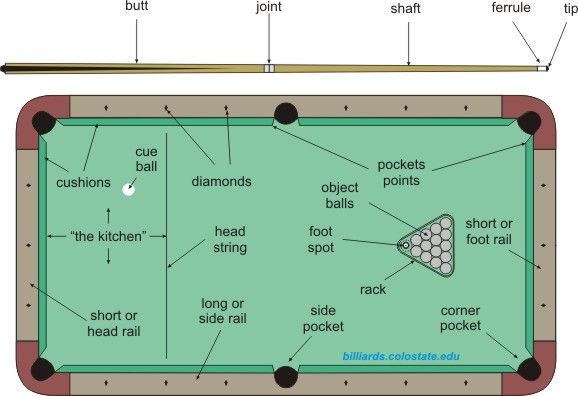
In billiard games, pool balls are used. Although made of many different materials they are often made from phenolic. Phenolic is a mixture between formaldehyde, phenol. These two compounds are well-known for their durability, scratch resistance, and strength. The mixture can withstand high temperatures. The resin will yellow and fade when exposed to sunlight.
The first pool ball was made from wood. These pool balls were strong but would crack as they grew older. In the 19th century, a chemist named Leo Baekeland invented a new plastic compound that was not flammable. This material was called bakelite, and soon it replaced wood in the making of pool balls.
Pool balls were a complicated process. It took a long time to develop the balls. A person could cut a ball in half to get a better idea of what was inside. The balls were then molded under extreme pressure.

After the development of the first form of bakelite, other inventors began exploring chemical substances for making pool balls. These innovations are considered to be pioneering in the field of synthetic plastics.
While phenolic is a great choice for pool balls it comes at a higher price than its polyester equivalent. If you are not interested in spending a lot of money on pool balls, the polyester alternative is probably the right choice for you. The polyester option won't last as long as the phenolic resin.
The manufacturing of a phenolic rubber ball takes about 23 days. Each step is checked carefully to ensure there are no impurities. Furthermore, phenolic resin balls are more stable than polyester balls and can be kept at lower temperatures. They are also more durable than polyester balls and can be stored for longer periods of times.
Aramith is the largest manufacturer of phenolic pool balls. Their phenolic balls last for 40 years and are very durable. They are also cheaper than polyester balls. Aramith Premier offers superior resin technology and is the best option for those looking to upgrade to better quality balls.

Iszy is another manufacturer of pool balls. It uses a mixture of phenolic as well as polyester resin. Although these types of pool balls are cheaper than phenolic balls, they don't maintain their shine for as long. Polyester balls are more prone to burn spots and fading. Nonetheless, they are still a good option for beginners.
Predator Arcos also manufactures phenolic resin balls. They use a proprietary chemical mixture to create them. In addition, these balls are through-hardened, so they are more dense. The Iszy marble swirl set is for those who wish to spend less.
Many companies are attempting to replicate the ivory billiard ball experience. However, the ivory material has been discontinued. Modern pool balls are made of phenolic and formaldehyde. The current market has approximately 85% phenolic pool ball.